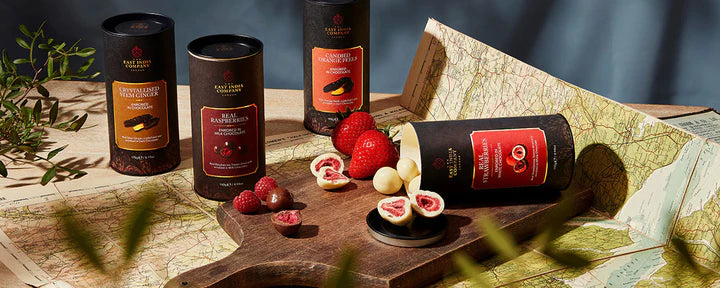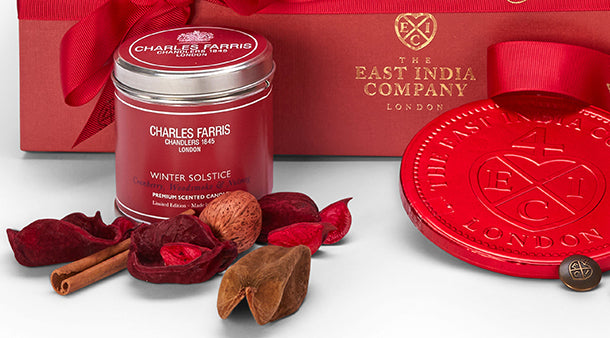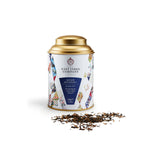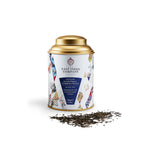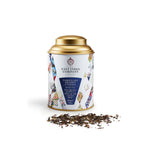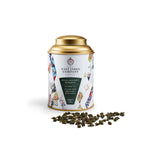
Tea Craft: How is Tea Hand Picked?
Accuracy of the tea picking is just as important as the timing. The world’s finest teas are handpicked by experts who often tend to their own area of the garden, taking pride in the ongoing quality of their tea bushes as well as the quality and amount picked.
The picker’s day starts early, whilst the morning dew remains on the leaves.
The pickers move quickly across the ‘plucking table’ [the top surface of the sea of tea], and for fine plucking, pick ‘2 leaves and a bud’ - the 2 topmost leaves together with one new bud, are gathered between the thumb and middle finger and deftly plucked with a downward ‘snap’ of the hand and thrown into a basket usually carried on the back.
Find out more about the different types of tea.
To collect this very rare tea, scissors are used by expert pickers to claim the buds early in the morning before they start to unfurl in the heat of the sun. As with all white teas, processing is to the minimum. Even this is special for this tea though - the long buds are dried carefully on a velvet cloth to avoid damage, and then heated to stop any oxidation.
Find out more about white tea in the Stories section below.
The colour of the liquor in cup is a delicate, almost Champagne-like pale yellow.
Fragrant aromas and a long, complex flavour profile on the palate.
Prized amongst tea lovers and for many, this is the ultimate tea in our range.
The colour of the liquor in cup is a delicate, almost Champagne-like pale yellow.
Fragrant aromas and a long, complex flavour profile on the palate.
Prized amongst tea lovers and for many, this is the ultimate tea in our range.

1 GRAM OF TEA LEAVES PER CUP

210ML OF WATER AT 85ºC

8 MINS BREWING TIME
Ingredients
100% White TeaStorage
Store in a cool, dry place avoiding direct sunlight and strong odours.Our spirit delivers no ordinary products
-
FAQ
Does white tea include caffeine and is there more or less than green or black tea and coffee?
Yes it does, and it varies. All tea leaves, just like coffee, contain caffeine. Tea usually has a lower level of caffeine than coffee, which averages around 95mg for a normal cup of coffee. But it is impossible to give a precise answer, because there are so many variables at play - the length of brew time, the amount of tea used, the age of the leaf, the provenance of the leaf. Even the temperature of the water. Our best advice is to treat all tea and coffee similarly if you need to manage your caffeine intake.
I’ve heard that tea contains theanine. What is it and what does it do?
Tea does indeed contain theanine, which is an amino acid [the building blocks of proteins]. Tea is one of only a few sources of theanine. It represents about 1% of dry weight and is at its highest concentrate in shade-grown teas like matcha and gyokuro. Whilst not yet proven in scientific studies that would permit specific health claims to be made, it is believed by many to be able to reduce mental and physical stress, promote relaxation and a sense of well-being. But not only that, it is more recently being thought to aid cognitive function. It’s one explanation for tea’s famous ability to create calm in a crisis [the Great British solution to all problems – ‘putting the kettle on’] and to stimulate when a little boost is required. -
Delivery & Returns
UK Standard Delivery: £3.95
UK Next Day Delivery (mainland UK only): £9.95 (Order before 12pm)
International Delivery is available, please see our delivery page for details. For more information and Terms & Conditions, please see our Delivery page. - Reviews
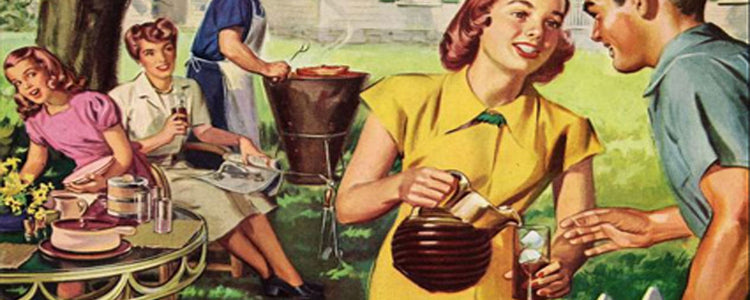
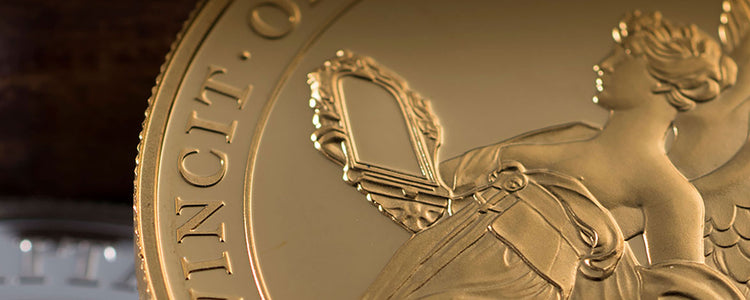
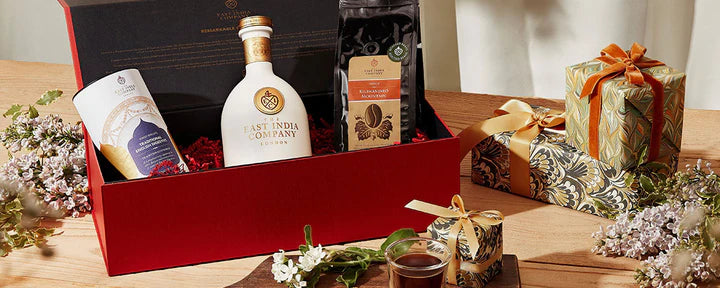
 Ceylon / Sri Lanka
Ceylon / Sri Lanka Assam, India
Assam, India Japan
Japan Taiwan
Taiwan Nepal
Nepal China
China Kenya
Kenya Egypt
Egypt South Africa
South Africa